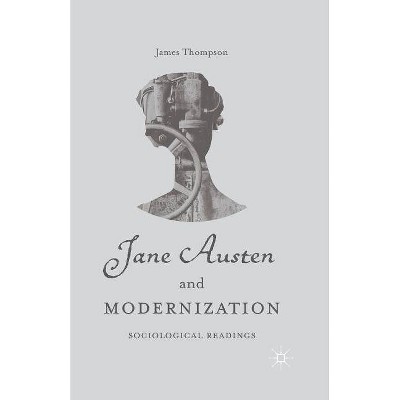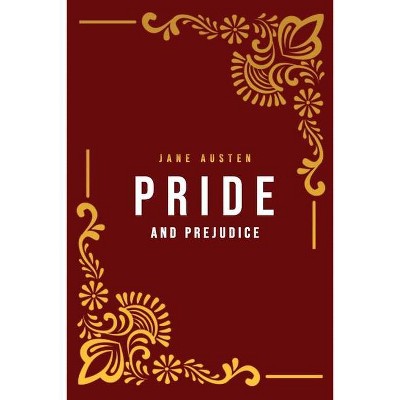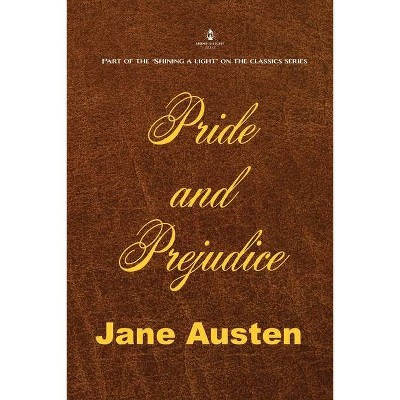Jane Austen and Modernization - by J Thompson (Paperback)

Similar Products
Products of same category from the store
AllProduct info
<p/><br></br><p><b> About the Book </b></p></br></br>"This study draws on the classic sociological work of Durkheim, Weber, Simmel, and Goffman to explore small group interaction in the six novels of Jane Austen. These early sociologists share with Austen the same object of knowledge, and that is sociation, small group interaction, and the self / society dialectic. All five are concerned with the problem of belonging, that is, social cohesion. Austen returns again and again to the contradictions of individual will and social obligation. It is now clear that Austen became the important writer that she is today during the years that sociology was establishing itself as the discipline to understand a new social formation, the result of urbanization, industrialization, secularization, massification--an recognizable society. Writers across the later nineteenth century wrote as if everything around them was changing, such that they no longer recognized the social formation in which they lived. Durkheim's key concept, anomie, that sense of individual rulelessness, embodies the observation that late nineteenth- and early twentieth-century society was becoming increasingly unglued. Hence the search, for that glue, for some understanding of shared ritual that would bind separate individuals into a coherent whole. Austen's novels, I argue, became so valuable across this period precisely because they served at one and the same time as recognition of the phenomenon of anomie and as a remedy for it. "--<p/><br></br><p><b> Book Synopsis </b></p></br></br>Jane Austen wrote when sociology was being established as the new discipline to understand social issues such as urbanization and industrialization. Drawing on landmark sociologists such as Durkheim and Bourdieu, this study argues that the novels of Austen were heavily influenced by these early developments in sociology.<p/><br></br><p><b> Review Quotes </b></p></br></br><br><p>"Jane Austen and Modernization might be most accessible to more advanced students of Austen, since a familiarity with the novels and with the canon of Austen criticism is presumed. It would also be well suited to, as well as edifying for, scholars interested in cross-disciplinary studies, since it demonstrates both the potential pitfalls as well as the benefits of such analytical fusion." (Megan Taylor, Eighteenth-Century Fiction, Vol. 29 (1), 2016)</p> <p>"In this radically new way of thinking about Austen, James Thompson describes the ground shared by Austen and the foundational sociological thinkers - notably Simmel, Weber, and Goffman - producing invigorating reflections on the resonance between Austen's representations of how people meet, converse, manifest themselves, and think about the other, Simmel's theory of sociation, and how Goffman understands 'social frames' in his The Presentation of Self in Everyday Life. The conclusion is a bravura display of how and why Austen's work still speaks to the various modernizations being experienced in the world today." - Robert Clark, The Literary Encyclopedia</p><br><p/><br></br><p><b> About the Author </b></p></br></br>James Thompson is Professor of English and Comparative Literature at the University of North Carolina, Chapel Hilll, USA.
Price History
Price Archive shows prices from various stores, lets you see history and find the cheapest. There is no actual sale on the website. For all support, inquiry and suggestion messagescommunication@pricearchive.us




















